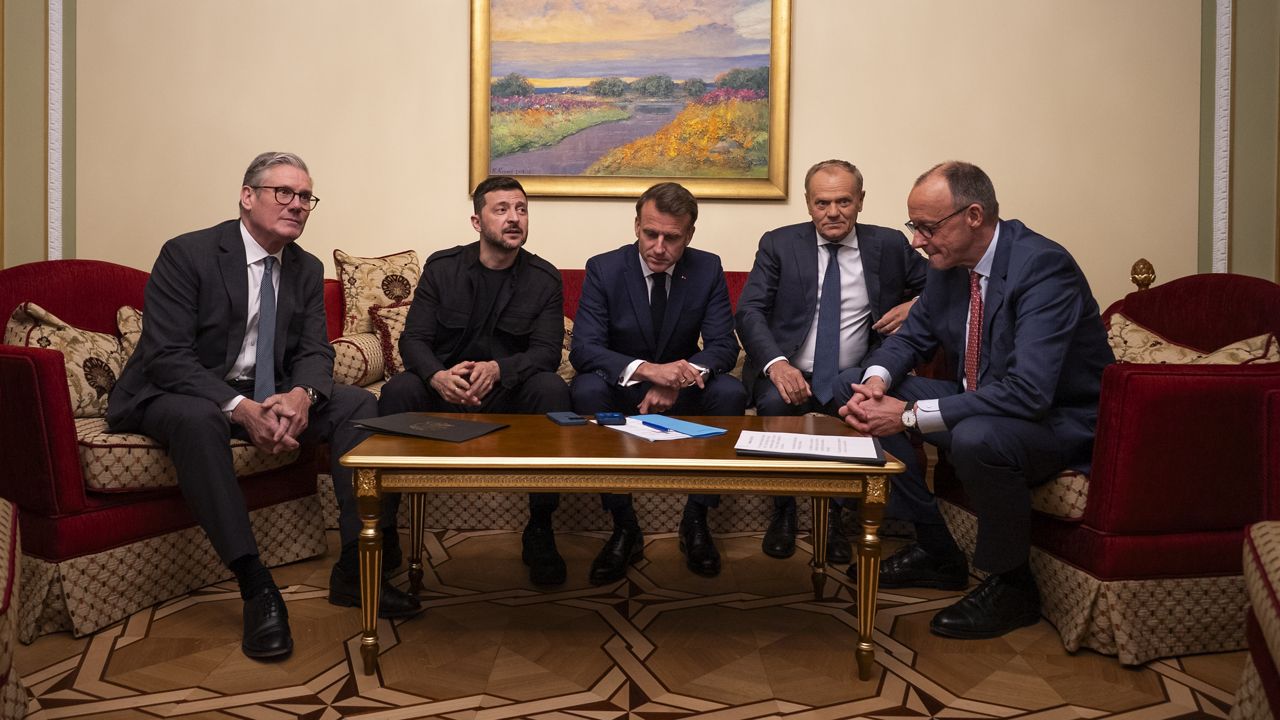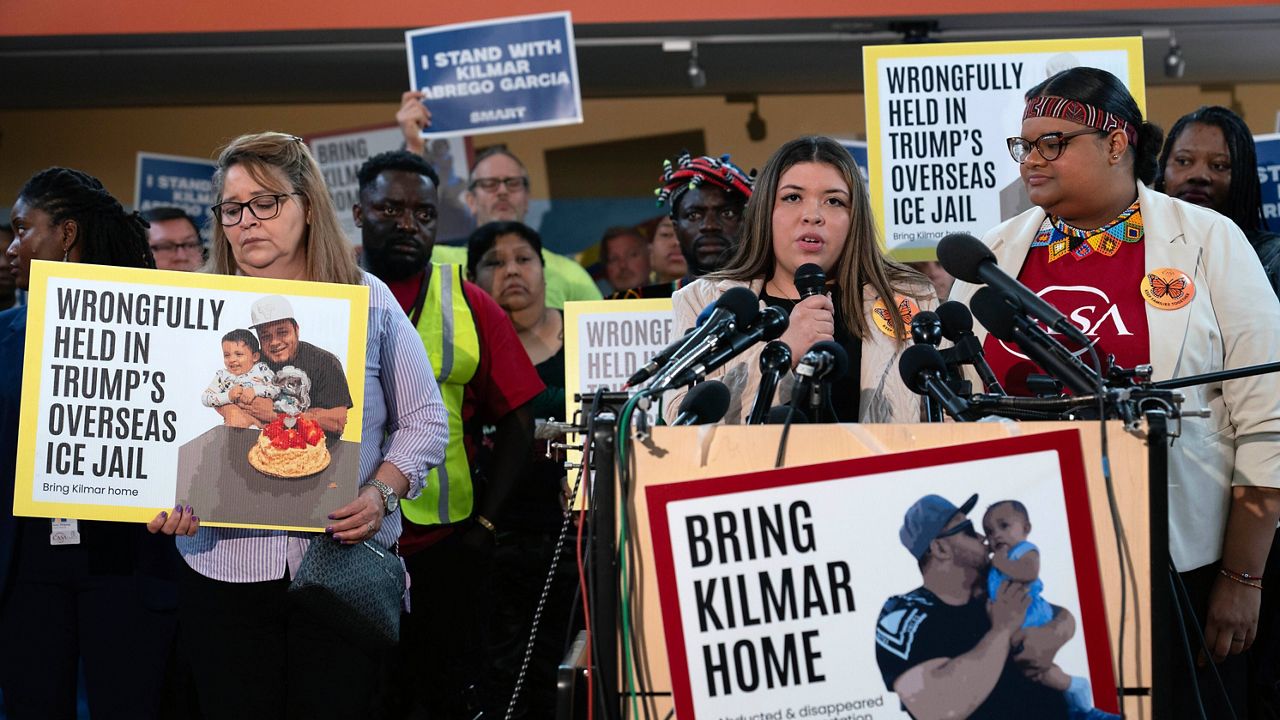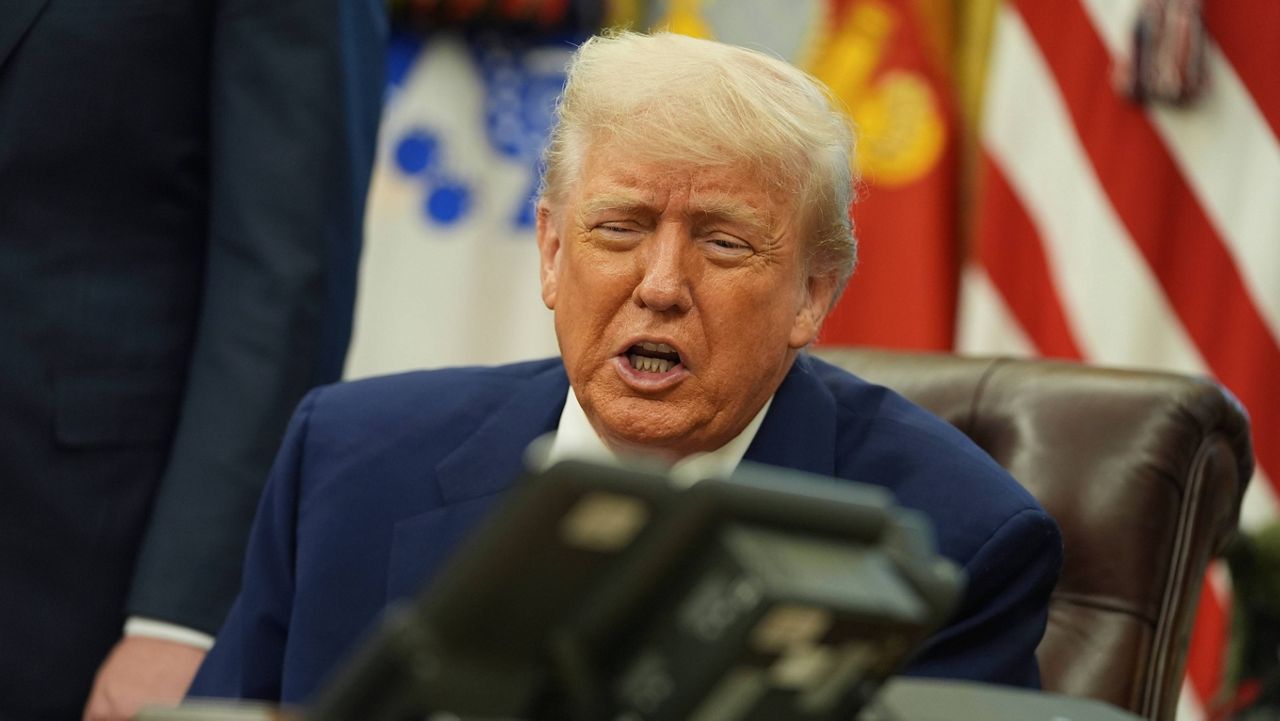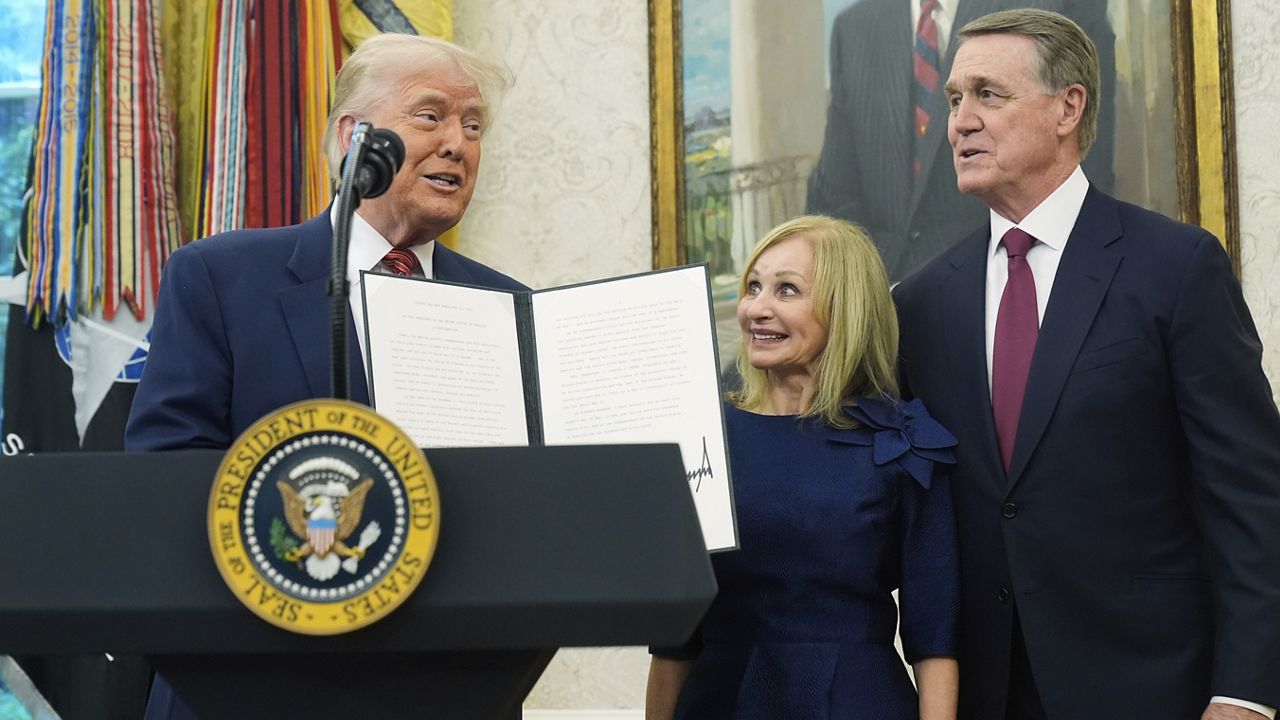As President Joe Biden prepares to head to a consequential summit, assembling many of the world’s largest economies, the White House is pitching the Group of 20 as “more important than ever” and committing to making sure it can deliver.
“The United States’ commitment to the G20 hasn’t wavered, and we hope this G20 Summit will show that the world’s major economies can work together even in challenging times,” White House National Security Advisor Jake Sullivan said during a Tuesday press briefing.
The president will depart for New Delhi on Thursday before participating in a bilateral meeting with Indian Prime Minister Narendra Modi on Friday and summit sessions over the weekend.
One of the main focuses, Sullivan said, will be on “reshaping and scaling up” the World Bank and other multilateral development banks, making them “better, bigger, and more effective.”
“We know that these institutions are some of the most effective tools that we have for mobilizing transparent, high-quality investment into developing countries,” he said.
“We believe that the world needs more high-quality, more transparent, more open lending options, and we believe that the IMF and the World Bank can provide those options,” National Security Council Coordinator for Strategic Communications John Kirby added Wednesday in an interview with Spectrum News.
Reshaping the World Bank – an international organization that was formed around World War II and seeks to end extreme poverty – means making it more capable of responding to the needs of lower and middle income countries and providing the resources to do so, Kirby said.
He pointed to the president’s request in August for Congress to approve an additional $3.3 billion for the World Bank, with the goal of encouraging other lenders to contribute as well.
“We're hoping that if we get this funding from Congress, and we can get it to the World Bank, it could result in something like $25 billion worth of loans that can be given to lower- and middle-income countries, which really can help advance them in terms of their infrastructure improvement,” he said.
In the request for the money – which is part of the president’s larger ask for about $40 billion in funding for disaster recovery, border enforcement and aid to Ukraine – the Office of Management and Budget Director Shalanda Young stressed the importance of the funding as a counter to lending by China, which is a shareholder in the World Bank.
“It is essential that we offer a credible alternative to the People’s Republic of China’s (PRC) coercive and unsustainable lending and infrastructure projects for developing countries around the world,” Young wrote in a letter sent to House Speaker Kevin McCarthy, R-Calif., and others.
Kirby emphasized the effort is about giving countries options while not “forcing them to choose between loans from China or loans from the World Bank.”
“Some countries, particularly in Africa, have come to rue their decision to take loans from the PRC with high interest rates, and not necessarily understanding the ramifications of all that,” Kirby said. “But again, these are decisions that sovereign nations have to make, we just believe it's important that they have more options to choose from.”
The only in-person meeting between Biden and Chinese President Xi Jinping since Biden took office came at the G20 summit in Nov. 2022, leading questions to swirl around whether there could be a repeat this time around.
But earlier this week, China’s foreign ministry said Premier Li Qiang will travel to India for the Sept. 9-10 summit, indicating Xi is likely to sit it out.
On Sunday, Biden told reporters he is “disappointed” about the reports Xi is likely to skip the gathering but added he is “going to get to see him” without explaining when or where such a meeting would take place.
“There's no active discussions on setting up the next meeting right now. But there is very determined, intensive diplomacy going on between China and the United States,” Kirby said.
He pointed to recent visits by multiple high-level Biden administration officials amid recently-heightened tensions between the countries with the world’s two largest economies.
U.S. Secretary of Commerce Gina Raimondo just wrapped up a visit last week. Treasury Secretary Janet Yellen and U.S. climate envoy John Kerry made the trip to China earlier this summer.
And in a closely-watched visit in June, Secretary of State Antony Blinken met with Xi and other senior Chinese officials. However, he left Beijing without the Biden administration’s biggest ask: better communications between their militaries, which Kirby called “not a good thing given all the tensions there in that part of the world.”
“The President is confident that should we be able to continue that momentum, that it will lead to a meeting with President Xi at the appropriate time and place, and that the two leaders can get back to having the kind of conversation that they had, quite frankly, at the last G20,” he added.
The summit also comes just months after the World Bank saw a new leader take the reins. Ajay Banga, a former chief executive of Mastercard, took on the head role in June following the resignation of David Malpass amid controversy over a comment on climate change.
Sullivan also mentioned climate change as a key topic at this weekend’s summit.
The U.S., Sullivan said, will host the G20 in 2026.










